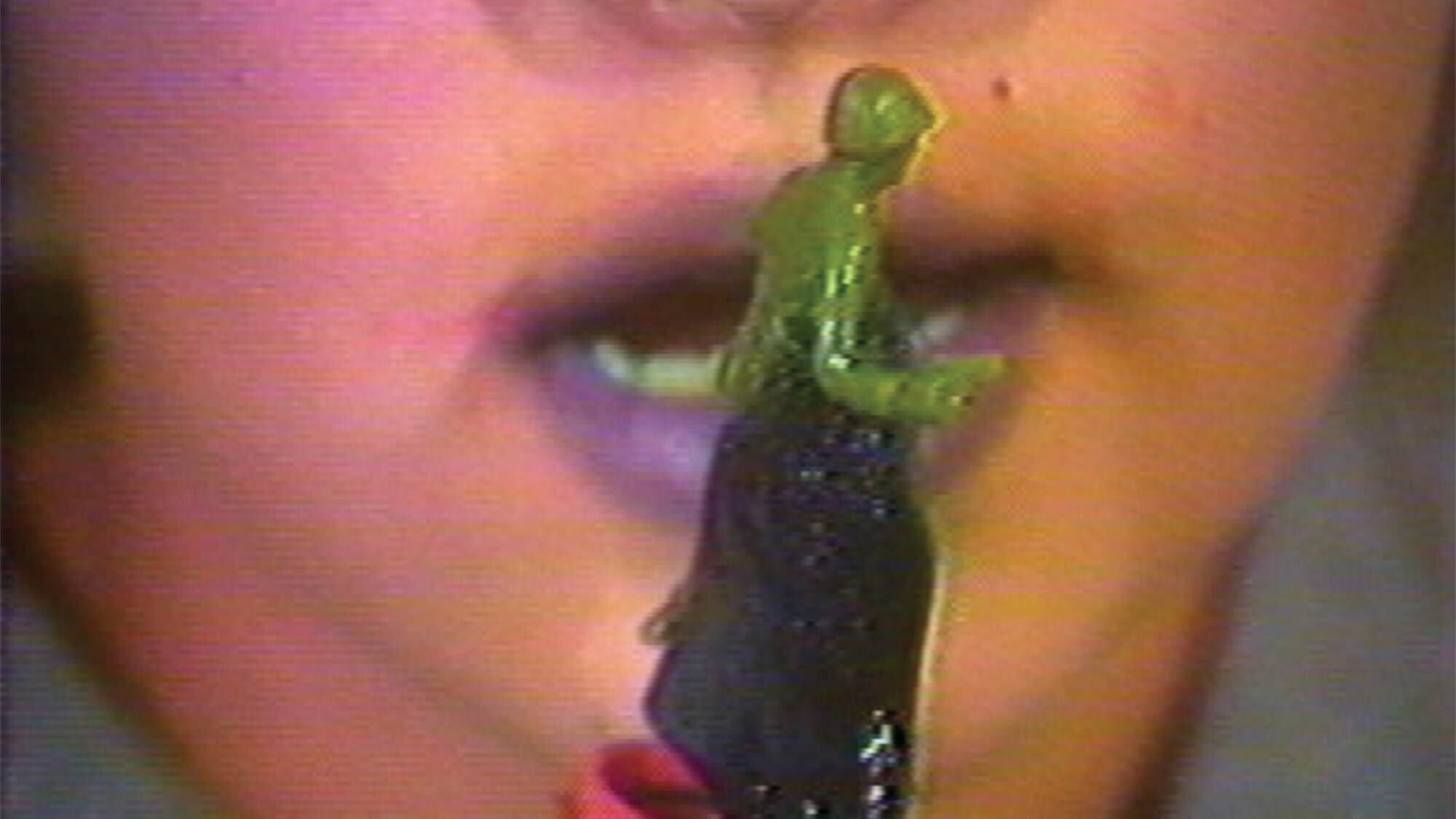By Dustin Krcatovich
Who gets to control the stories projected onto screens in theaters across the globe? As with so many things, experimental film has been largely written and directed by white men, marginalizing the voices of women and minorities. To help address that inequity, NW Film Center is screening a new shorts series titled Not Sorry: Feminist Experimental Film from the 1970s to Today. Not that the programmers labored under the delusion that they could offer a complete overview.
"We had to make hard decisions on what not to include," says NW Film Center's education program manager, Mia Ferm, who played a major role in curating the footage. "In no way is this series comprehensive. It's a survey and a selection, and we could probably do at least a hundred more screenings around this, with each one being unique."
The project was inspired by the new book Film Feminisms: A Global Introduction, co-written by Portland State University film professor Kristin Lené Hole and Dijana Jelaca. Given the sheer volume of media at their disposal, Ferm worked with Hole and others to divide Not Sorry into four installments that will be shown every Sunday in October.
The first program, Heritage, examines ancestral origins through a female lens as well as larger historical omissions on perceptions of the feminine. In the second, Vessels, filmmakers explore bodily autonomy, control and storytelling. The third, Home, shows women carving out personal space and carrying on traditions amid political and social upheaval. And the fourth, Consumer, reclaims female stereotypes by reappropriating found footage. Collectively, the selections for Not Sorry offer a diverse range of voices in terms of geography, ethnicity and era, which was essential to the programmers.
"When writing [Film Feminisms], one of our priorities was to have a global approach and to de-center the West as the point of reference," says Hole. "Too many books will add on issues of race, sexuality, ethnicity as an afterthought rather than really integrating these issues as fundamental from the outset. These kinds of considerations were also fundamental to shaping the film program."
But why highlight shorts instead of feature films made by women? In part because the medium reflects the goal of the content, which is to subvert fundamental norms that have shaped cinema for decades.
"Since experimental filmmaking often doesn't require a large team or a big budget, it can be much more accessible and personal," says Hole. "Experimental film often travels through distribution and exhibition channels that are outside of the mainstream, which can make it more available to voices and perspectives that are marginalized in/by dominant culture. More theoretically, there are larger questions around the extent to which dominant film language and representational conventions can adequately convey the experiences of gender and sexual minorities, or those who live between cultural and ethnic identities."
Ferm and Hole also stress that reaching out to the local filmmaking community was central to the programming process.
"I think this collaborative sharing and thinking," adds Hole, "is a feminist practice."
Several Portland artists, including Ariella Tai, Vanessa Renwick, Julie Perini and Hannah Piper Burns, have shorts in the series and will bring their perspectives to post-screening discussions.
"We're really lucky that in a city of our size we have a lot of radical filmmakers who also happen to be women, and they're all also working as educators or activists," Ferm says. "Including local filmmakers has as its purpose to highlight that these women making work now in Portland are part of that global conversation and history."
SEE IT: Not Sorry: Feminist Experimental Film From the 1970s to Today screens at NW Film Center's Whitsell Auditorium, 1219 SW Park Ave., nwfilm.org. 7 pm Sunday, Oct. 7-28. $5-$10.
